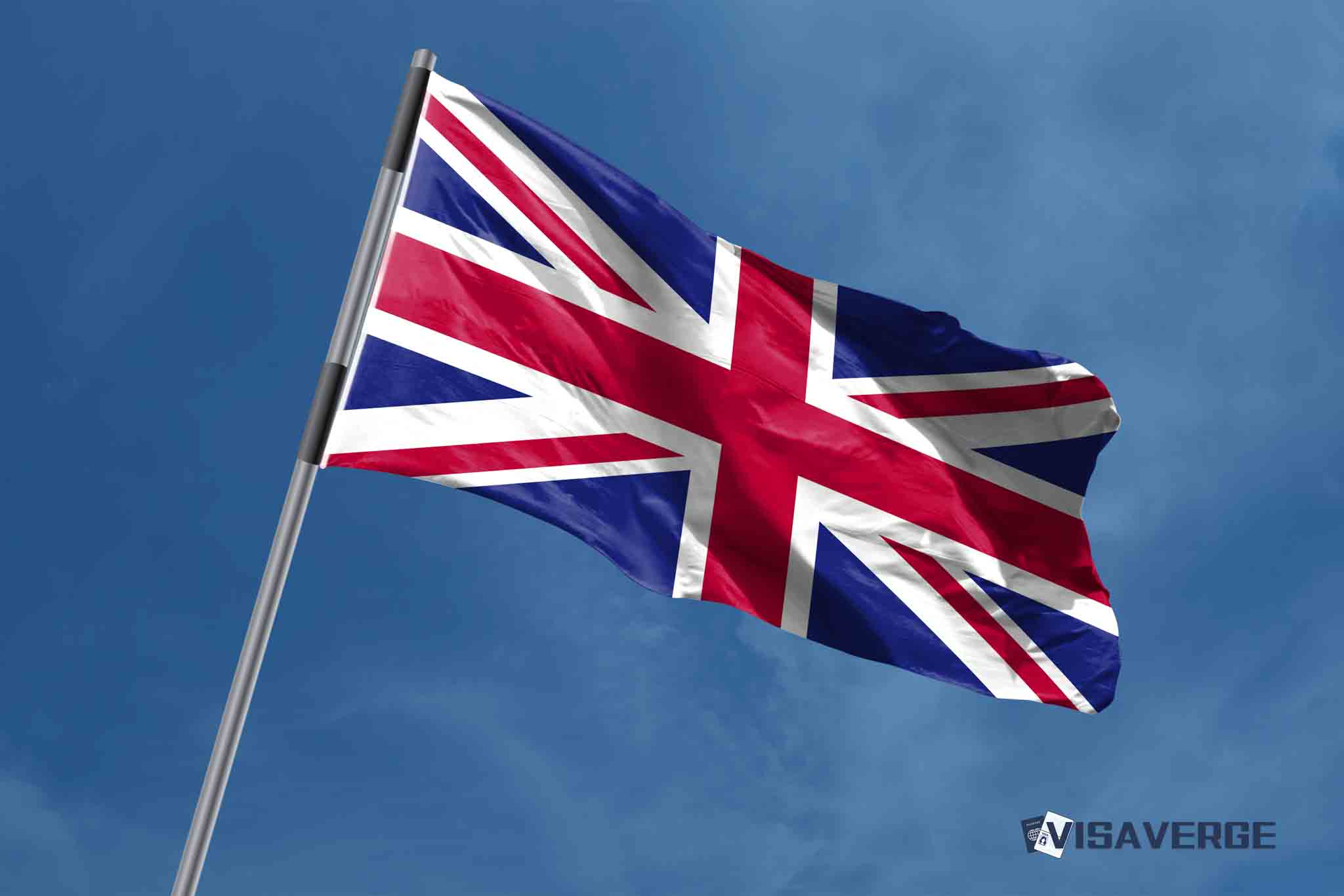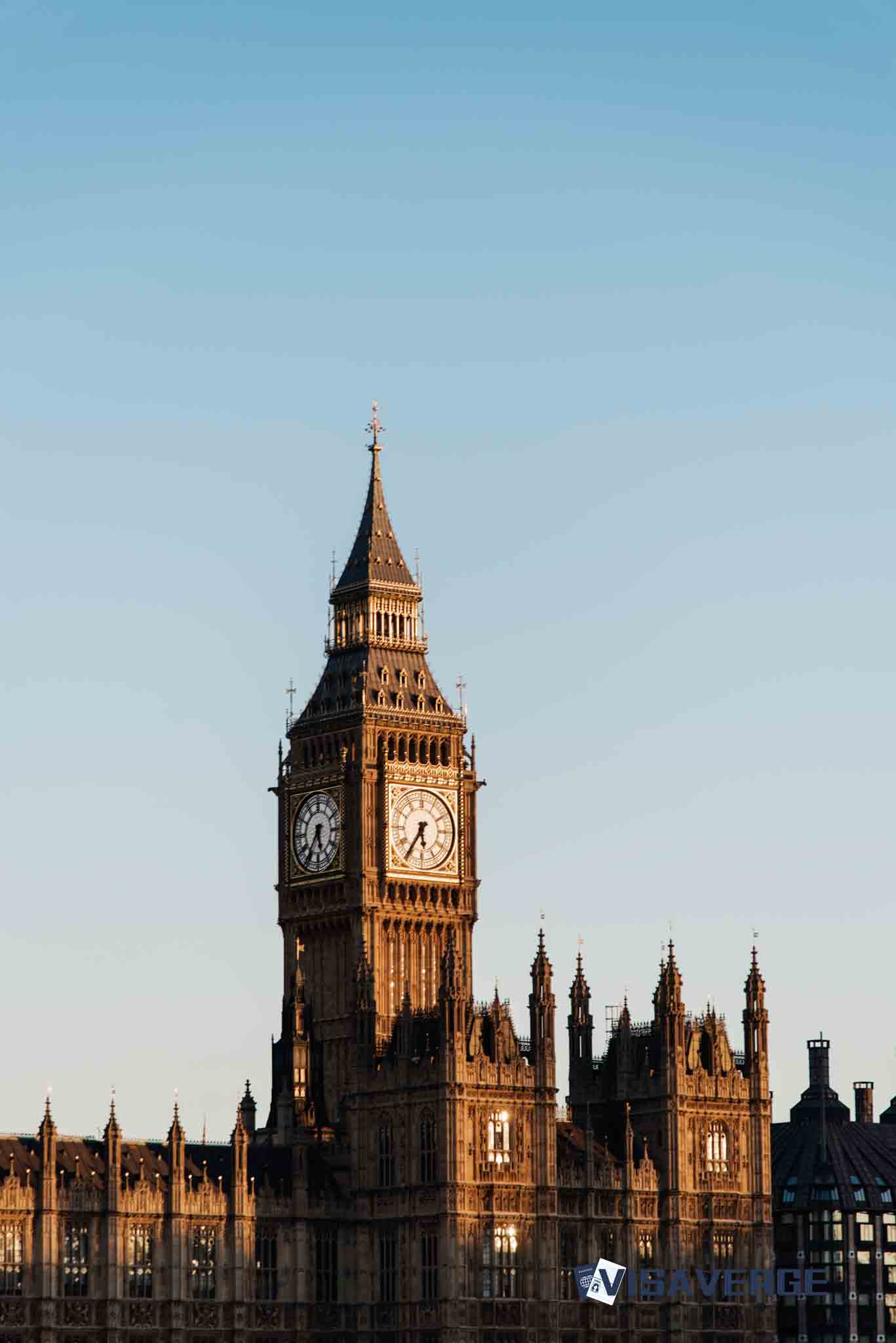Key Takeaways
• Clearsprings, Mears, and Serco must return profits to the Home Office above a 5% margin.
• Their ten-year contracts for asylum accommodation cost UK taxpayers £15.3 billion, triple the initial forecast.
• Public pressure and contract rules drive the repayment of profits exceeding agreed limits from these private contractors.
Three of the United Kingdom’s largest private contractors—Clearsprings, Mears, and Serco—are in the spotlight for their profits from providing hotel accommodation to asylum seekers. These companies, which have housed some of the most vulnerable people arriving in the United Kingdom 🇬🇧, are now agreeing to return some of their earnings to the Home Office. This decision follows both the rules set out in their agreements with the government and strong calls from the public questioning high profits made from services paid for by taxes. As reported by VisaVerge.com, this move has added to ongoing debates about public spending, contract rules, and the best ways to look after asylum seekers.
What’s Happening: The Basics

Since 2019, the United Kingdom 🇬🇧 government has depended on private companies to help find places for asylum seekers to live while their cases move through the system. Clearsprings, Mears, and Serco were given long-term contracts to arrange hotel stays for these people. These agreements were formed during a time when the United Kingdom 🇬🇧 saw record numbers of people coming to claim asylum, putting new pressures on existing services and housing.
Now, after years of operation, these companies have made a combined profit of £383 million from their work with asylum seekers. The rules of their contracts make it clear: if profits go above 5%, the extra money should go back to the Home Office. Recent checks show that each company’s profit margin is between 5% and 7%, so the condition is triggered and extra funds must be returned.
The Contract Details: Keeping Profit in Check
The contract terms are important because they set out how much profit these businesses can keep. By allowing up to a 5% profit margin, the government hoped to balance fair rewards for service with safeguards against taking too much from the system funded by taxes. The promise to hand back any profits above this line is meant to ensure that the companies do not get rich at public expense.
For example, if one company made a 7% profit, the extra 2% would be calculated and scheduled to be given back to the Home Office. Contracts like these are not new, but the scale of money—hundreds of millions of pounds—has made people take a closer look at how the agreements work in daily practice.
Clearsprings, along with the other two firms, has said it will follow the rules and is preparing to repay the money owed under the contract. This action is required by the agreements, and it also helps answer growing concerns from both the public and different members of the government.
Why the Payback? What Sparked the Decision
The repayment does not come only from the strict words on the contract. For months, there has been strong public and political pressure over how much private companies earn from helping the government house asylum seekers. Many people question whether it’s right for privately-owned businesses to make large profits during a moment when government spending is stretched, and asylum seekers are staying in hotels instead of longer-term homes.
A key figure highlights just how large these arrangements are: according to the National Audit Office, the ten-year deals with these companies will cost taxpayers a huge £15.3 billion. This is three times more than what was first predicted when the contracts started in 2019. This rapid rise in costs led to tough questions about who is getting the best deal—the companies, the public, or the asylum seekers themselves.
The companies’ decision to return excess profits is, then, a result of both the written agreements with the Home Office and increasing concern from everyday people and their representatives.
How Much Are the Companies Earning—and Why?
The United Kingdom’s asylum system has been under strain for years. With rising numbers of arrivals, the government has relied more heavily on temporary hotel accommodation. This is where private firms like Clearsprings, Mears, and Serco come in. They sign contracts to manage hotel bookings, arrange meals, and generally keep things running. For this, they are paid government money.
- Profits since 2019: Together, these three companies have earned £383 million in profit from their asylum accommodation work.
- Profit margins: Each company has reported margins of 5% to 7%. This triggers the contract rule that they must hand back any profit above 5% to the Home Office.
- Total taxpayer cost: Over 10 years, these arrangements are now expected to cost British taxpayers £15.3 billion—much more than the initial forecast.
These numbers show why this topic has grabbed attention. It raises important discussions about the use of public money, and if the contracts are designed well enough to keep both value and care for those seeking asylum.
The Role of Clearsprings and Its Partners
Clearsprings, in particular, has often been in the news, sometimes facing questions about the quality of the hotels, the food served, and the general condition of the accommodation offered to asylum seekers. However, all three companies—Clearsprings, Mears, and Serco—have faced tough questioning on their overall pricing, service delivery, and treatment of both taxpayers and the people placed in their hotels.
These companies are responsible for:
- Booking hotels and arranging other essential logistics for asylum seekers.
- Managing daily needs like food and cleaning.
- Working with local services and, when required, responding to complaints or concerns about the accommodation.
The contracts with the Home Office lay out expected standards and payment levels. The agreement about profits is supposed to encourage business efficiency but also sets limits to avoid making too much from government contracts.
Public Response: Arguments For and Against
This story has caused strong reactions across the country. On one hand, some welcome the fact that there are rules to stop private firms from profiteering. They argue that it is only right, since the money comes from taxes, and should mainly be used to care for asylum seekers, not pay out big sums to shareholders.
On the other hand, some critics say that even with these repayment rules, private firms are still making too much from public contracts. They worry that the deals are too easy for large companies, and that more of the service should be provided by government or local groups, rather than businesses looking to make a profit.
There are suggestions that the contracts should be reviewed, with more attention paid to the actual quality and cost of temporary accommodation. Others point out that without private firms like Clearsprings, the United Kingdom 🇬🇧 might struggle to meet the rising number of people needing safe and decent housing while they wait for a decision on their asylum claim.
Looking at the Bigger Picture: Government Contracts and Public Value
This debate raises bigger questions about how the United Kingdom 🇬🇧 uses private companies for important public services. Outsourcing, which simply means paying a business to provide services (instead of the government running them directly), is used in many areas—from healthcare to education, and now, to asylum accommodation.
The current system is meant to provide flexibility and speed, especially as asylum numbers change from year to year. But such deals can sometimes hide true costs or make it hard to measure value for money. When profits increase quickly, as they have with Clearsprings and its partners, it prompts the public and the government to ask if the system is still working as planned.
Some believe that the practice of outsourcing public services is useful, but only if strict checks are kept in place. These include limits on profits, clear reporting, and regular reviews of contractor performance. The latest move to force profit repayments is one example of these kinds of checks being enforced.
Quality of Service and Standards in Asylum Housing
While much of the attention is focused on profit, there is also ongoing concern about the living conditions for asylum seekers themselves. Stories about hotel accommodation sometimes describe slow repairs, poor food, a lack of privacy, or overcrowding. Clearsprings and the other companies must work within detailed guidelines, but pressure on the system may sometimes lead to problems.
Both the public and advocacy groups demand that any money spent by the government goes towards safe, comfortable places rather than overpaying private providers. This has led to calls for regular inspections and the use of independent bodies to make sure standards are met.
Those who support the current system of working with private firms say that, without their large resources and fast response, the government might not have been able to house as many asylum seekers during times of increased need.
What Happens Next? Possible Changes and Reforms
The Home Office, which oversees immigration and asylum in the United Kingdom 🇬🇧, now faces calls to check or possibly change how it works with companies like Clearsprings. Some have suggested:
- Reviewing the contracts in more detail, especially the profit limits and penalties for failing to meet quality standards.
- Looking at where public money is being spent most fairly and efficiently.
- Considering if some or all of these services could be managed by not-for-profit groups or directly by local councils, instead of large private businesses.
No matter what changes are made, the core ideas will remain: the need to balance value for money with fair treatment for asylum seekers, and the obligation to spend taxpayers’ money wisely.
More information on the Home Office’s role in asylum policy and accommodation can be found on the official UK government website.
Closing Thoughts: Balancing Cost, Care, and Fairness
The decision by Clearsprings and its fellow contractors to hand back part of their profits is both legally required and symbolically important. It answers public worry over profiteering in critical public services and sparks important conversations about government spending.
The debate is likely to continue, especially as the United Kingdom 🇬🇧 faces growing demands on its asylum system. Questions will remain about how to get the best mix of efficiency, care, accountability, and fairness, while ensuring all involved—taxpayers and asylum seekers—are treated well. The outcome of this debate will shape future decisions on how to house and support some of the country’s most vulnerable new arrivals, and on the proper role of firms like Clearsprings in delivering public services.
For anyone seeking to understand how the United Kingdom 🇬🇧 manages its asylum system, the ongoing story of Clearsprings, profit rules, and the Home Office shows not just the challenges ahead, but also the high level of attention given to protecting public interests while providing for those in need.
Learn Today
Home Office → The UK government department responsible for immigration, security, and law and order, including asylum policy and related contracts.
Profit Margin → The percentage of revenue a company keeps as profit after all costs are paid, critical in public contract agreements.
Asylum Seekers → Individuals requesting protection and the right to stay in a country due to persecution or danger in their home nation.
Outsourcing → Contracting external companies to provide public services instead of having the government deliver them directly.
National Audit Office → An independent UK body that examines public spending and assesses whether government contracts and finances are managed properly.
This Article in a Nutshell
Three private contractors—Clearsprings, Mears, and Serco—will return profits above 5% from asylum seeker hotel contracts to the UK Home Office. This action, mandated by contract terms and public outcry, highlights concerns about using public funds for private gain and ongoing debates on fair treatment and cost controls in asylum accommodation.
— By VisaVerge.com
Read more:
• CGRS Immigration Judge Dashboard offers new view into asylum decisions
• Trump Shuts Down Asylum System on Day One
• Asylum-seekers barred from US-Mexico border as entry points close
• Asylum-seeker accommodation in UK to cost €1.2bn next year
• Chicken N Beer takeaway found employing asylum seeker with tuberculosis













